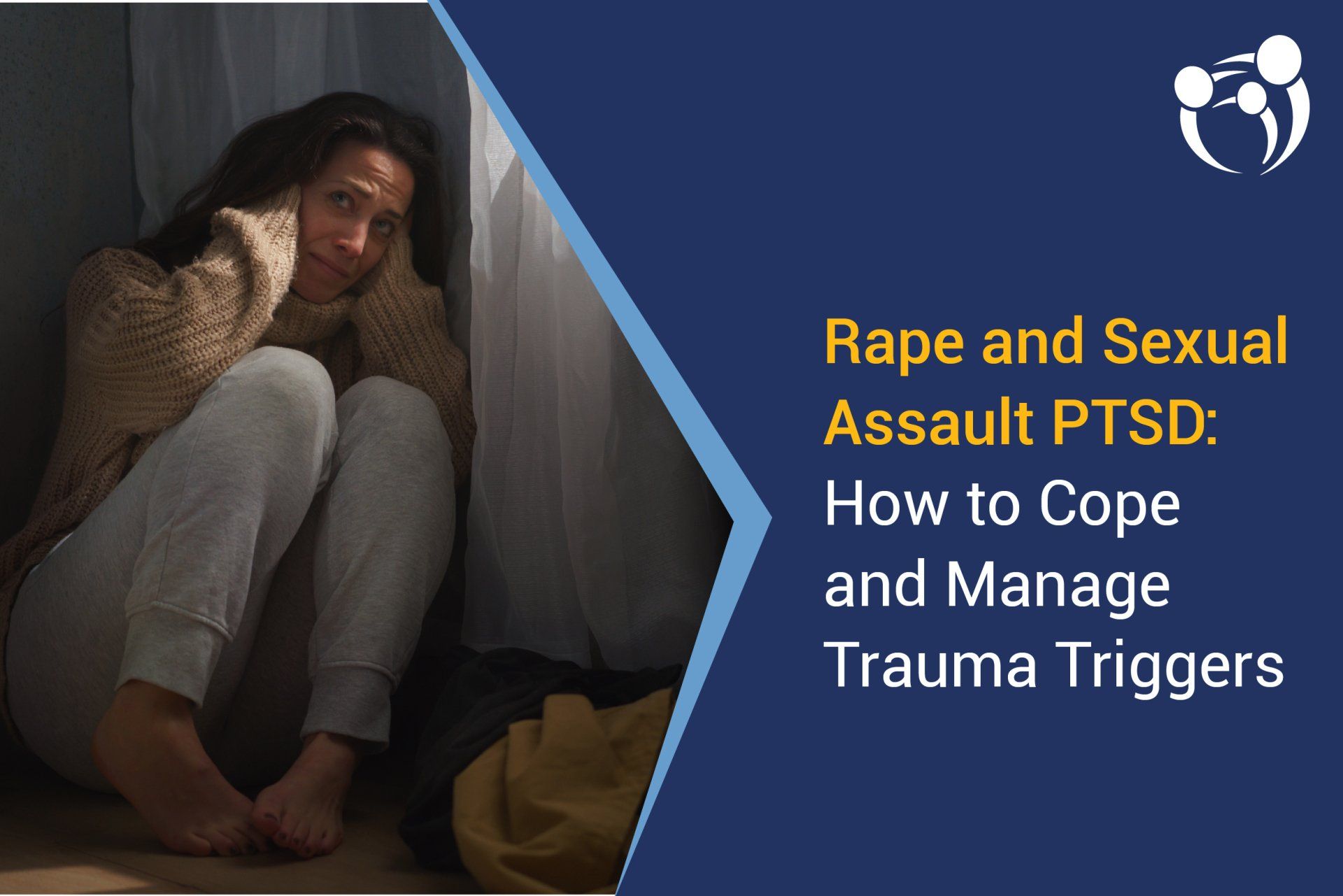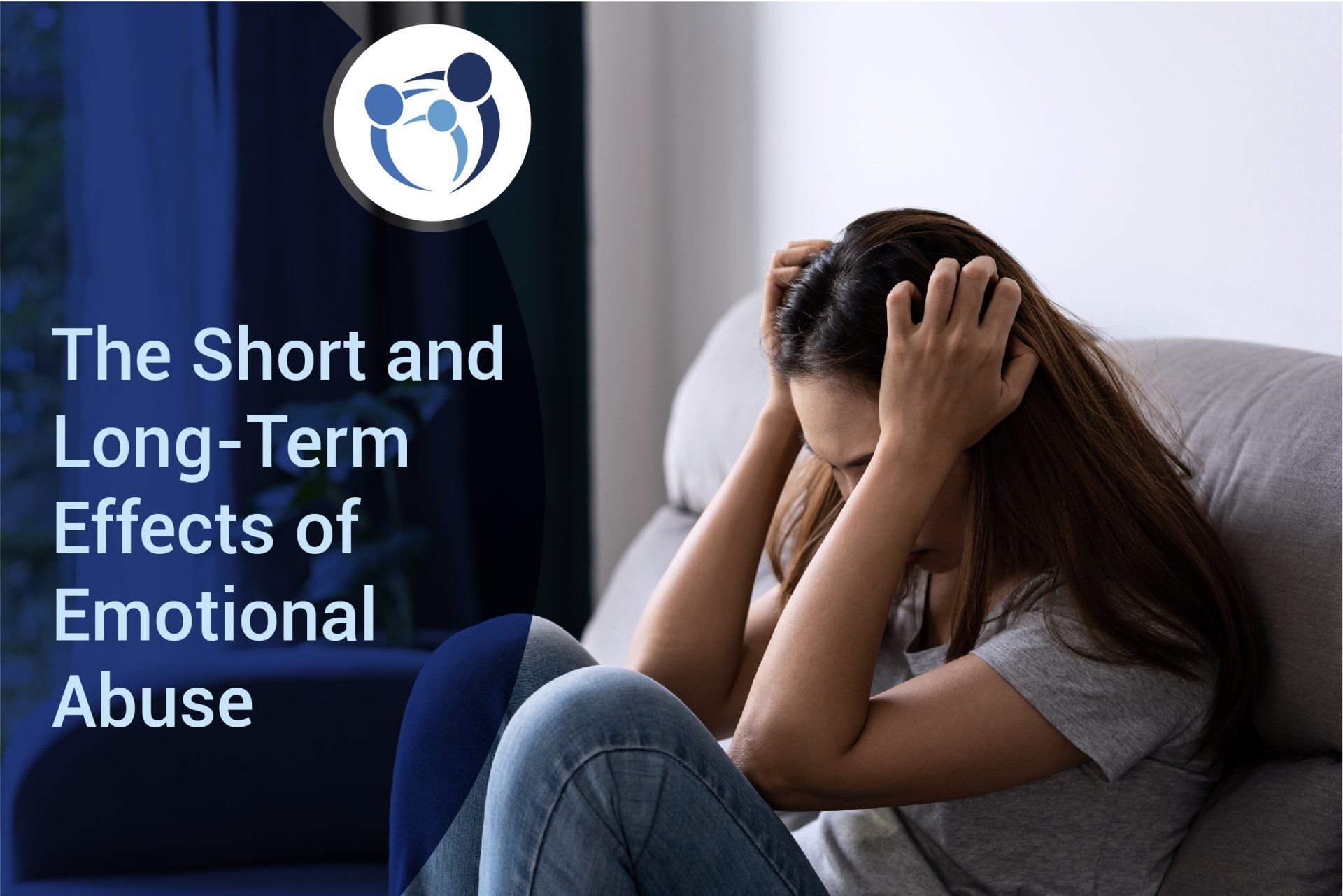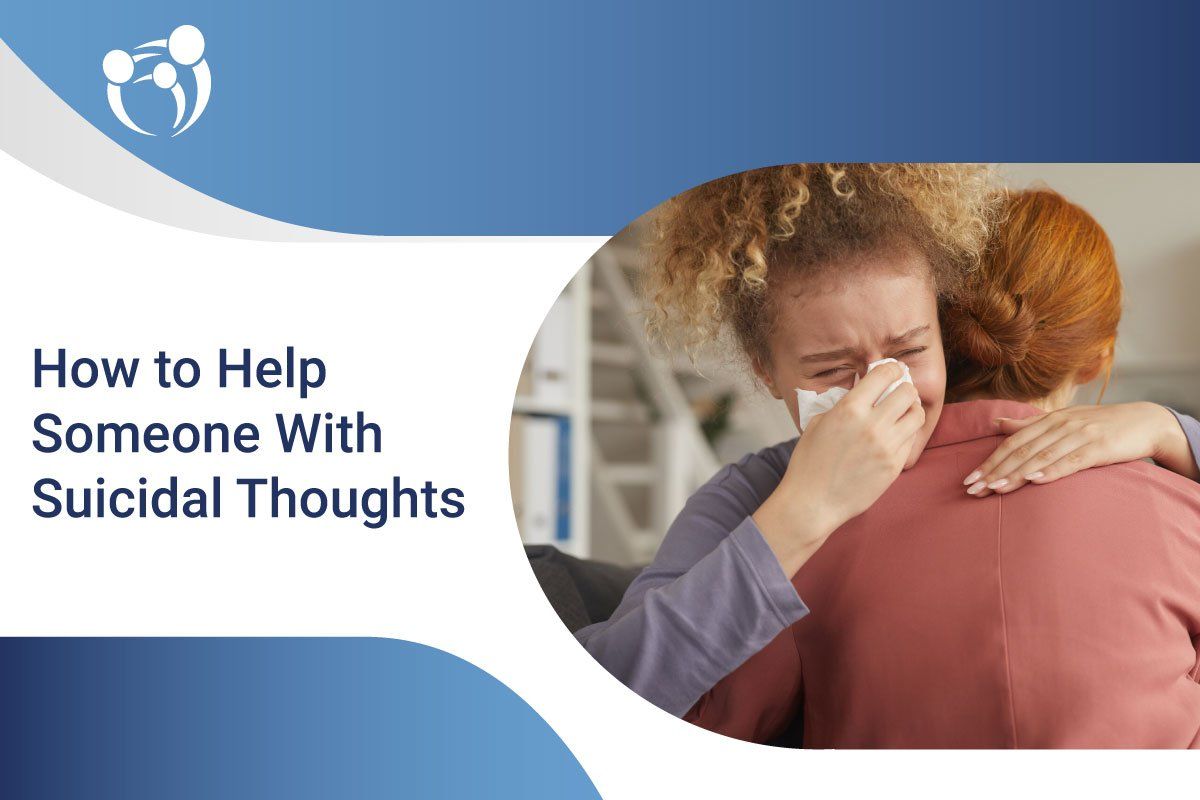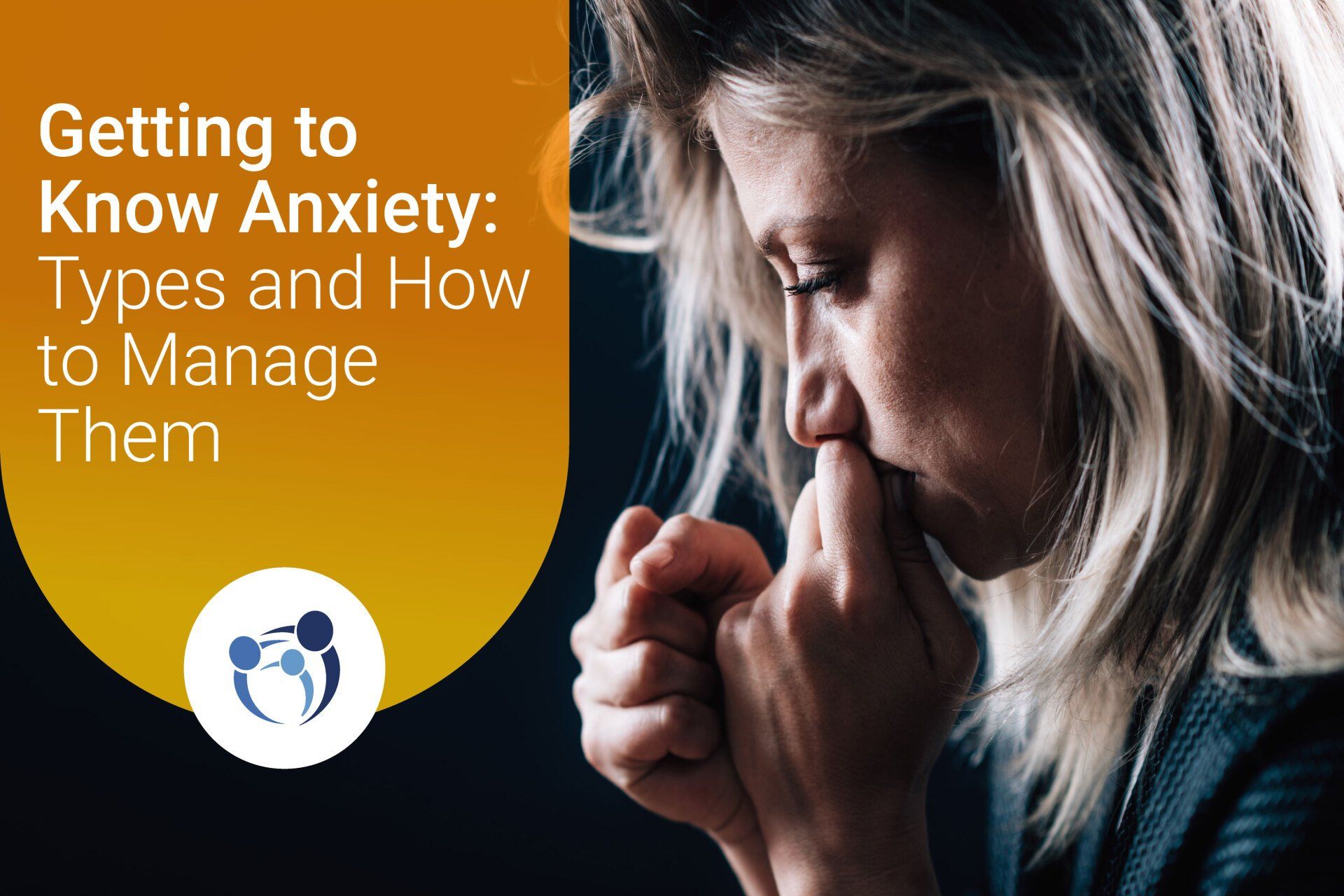Addiction is a never-ending battle for some people. And the struggle to find a treatment that will stick is a major part of that battle.
Psychotherapy should be an important component in any strategy to fight addiction. In this article, we’ll explore the different types of therapy for addiction issues.
Addiction can be defined as either substance or behavioral.
Substance addiction, also known as chemical addiction, can involve:
- Alcohol
- Marijuana
- Opioids
- Nicotine
- Sedatives
- Stimulants
- Hallucinogens
Behavioral addiction refers to compulsive behavior, or when a person becomes addicted to a particular activity. Some common examples of this addiction are the following:
- Gambling
- Sex
- Pornography Video games
- Exercise
- Shopping
- Internet use
- Social media
- Defiant behaviors (lying, stealing, speeding)
- Self-harm
- Disordered eating
So, what kind of therapy is used for addiction? When a person suffers from addiction, individualized treatment is done, which deals with the symptoms of addiction and underlying causes of disease.
The objective of therapy is to manage the consequences of the addiction that negatively impacts the patient’s function in areas of home, work, family, school, and even with the law.
How Therapy Works
In many cases, an individual suffering from a form of addiction will receive addiction treatment. Addiction treatment is generally a combination of group and individual therapy sessions, which include the following effective techniques:
- Cognitive Behavioral Therapy (CBT). CBT
- Contingency Management (CM).
- Motivational Interviewing (MI)
- Rational Emotive Behavior Therapy (REBT).
- Family Behavior Therapy
- Community Reinforcement Approach Plus Vouchers (Alcohol, Cocaine, Opioids)
These are considered general behavioral therapeutic approaches. It is your doctor who will be able to determine which type of therapy can work best for you or your loved one.
Cognitive Behavioral Therapy (CBT)
When it comes to addiction treatment, CBT is one of the primary behavioral treatments for addiction. Its approach is to show the irrational and illogical nature of an action or emotion. It works in a way that helps the patient understand their feelings and actions that lead to addiction.
When a patient understands the reasons why they feel or behave in a certain way through CBT, they develop the means to overcome their addiction.
CBT therapists assist addicts in pinpointing their default or automatic negative thoughts. These thoughts, which can overwhelm a person, force them to seek relief or escape through substance abuse. CBT, then, helps the patient to dismiss these false negative thoughts and provide the patient ways to improve their mood. CBT is also an effective way in improving a person’s communication skills.
Contingency Management (CM)
Contingency Management, or CM, is a type of behavioral therapy that is also called motivational incentives. This type of therapy is normally used in combination with other types of therapy— or also as a stand-alone. Its objective is to provide rewards to recovering addicts for their positive behavior. One example is a clean drug test.
It also acts as a discipline method. Good behaviors that are consistently rewarded are more likely to continue. Meanwhile, bad behaviors will be disciplined or ignored, which results in gradual elimination of said behavior.
Motivational Interviewing (MI)
Addiction is most often a coping mechanism. When a person is unable to deal with stress or trauma, they turn to substance or behavioral addiction. They lose the motivation to work hard to overcome their trauma and stress in a positive way. Also, they lack the motivation to work toward sobriety.
Motivational Interviewing is a technique in strengthening the addict’s motivation to pursue the goal to become sober. MI therapy was developed as an effective tool in empowering the patient.
In MI, it is not the therapist that imposes or sets the goal— but the patient. Mutual respect reigns. The sessions between the therapist and the patient are a series of interviews, which inspires the addict to create his own goals and methods for his own recovery. MI, however, is also used in combination with other therapies, such as CBT.
Rational Emotive Behavior Therapy (REBT)
A form of psychotherapy, REBT helps recovering addicts to modify their way of thinking. By changing an addict’s line of thinking, therapists for the REBT method are able to effectively help the addict behave and think positively.
Addiction is often a result of impaired or abnormal thoughts or irrational thinking. Other times, severely low self-esteem. There are certain individuals that are not aware that their thoughts and beliefs are irrational, therefore they succumb to addiction to cope with a “manufactured” problem.
REBT addresses “perfectionism” thoughts and fear of failure, and high expectations from oneself and from others. This therapy works by helping to modify thoughts, visualization, and behavior.
Family Behavior Therapy (FBT)
This type of therapy engages a family member in the treatment process. It could be a parent (if the addict is an adolescent), or a cohabiting partner. This technique provides tools to patients and the family that can help them apply behavioral strategies, as well as equip them with ways to create a home environment that fosters positive behavior. It also encourages recovering addicts in developing behavioral goals for preventing substance abuse.
During each FBT therapy session, the behavioral goals are reviewed. When the patient accomplishes these goals, it is the family’s role to reward them.
A Center for Mental Wellness offers
therapy solutions for you and your family.
Contact us today to make an appointment or to learn more about how we can help. #BuildingABetterTomorrow










